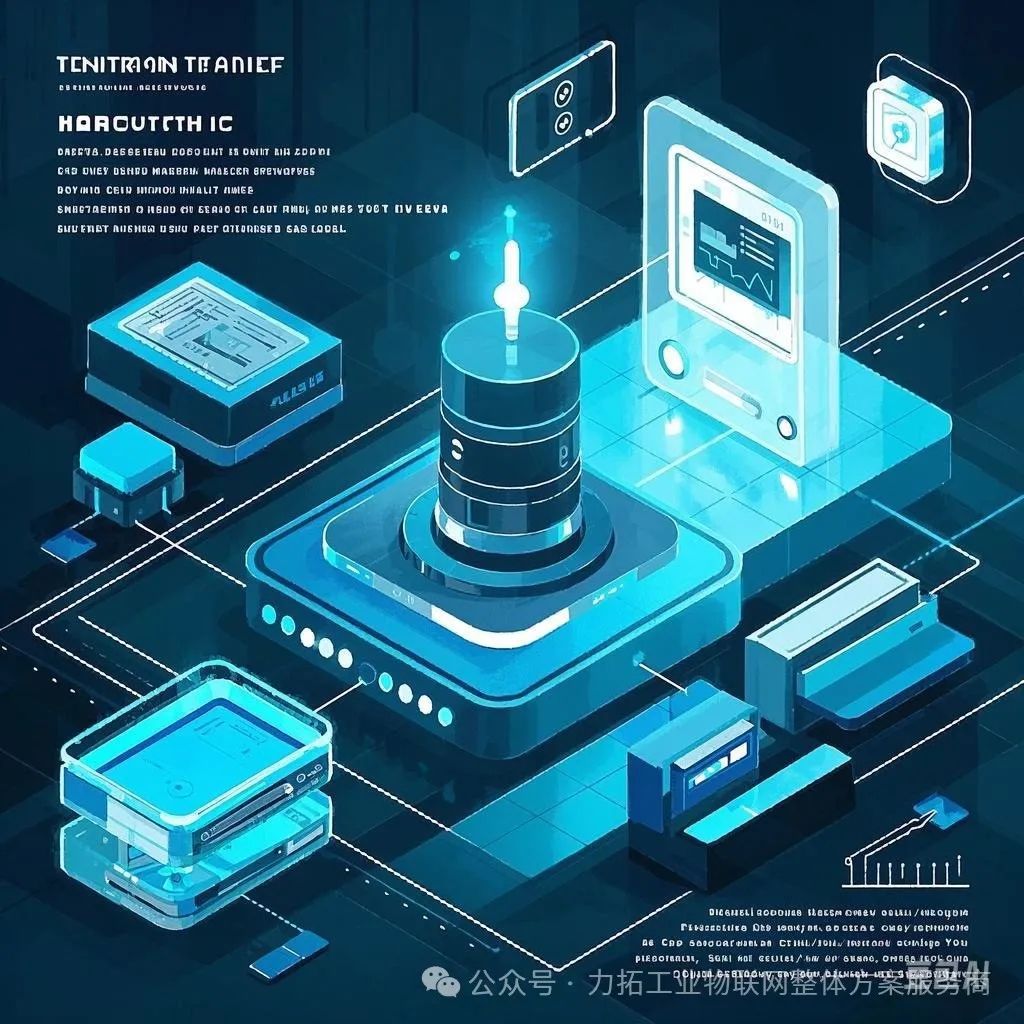
The following are specific policies to promote the development of Industrial IoT in the energy sector:
National Level
• Technology R&D Support Policy: The government encourages enterprises and research institutions to increase investment in the R&D of key technologies for Industrial IoT in the energy sector, such as high-precision sensors, advanced communication protocols, and intelligent data analysis algorithms, through special funds and tax incentives, to improve the efficiency of energy data collection, transmission, and processing.
• Infrastructure Construction Policy: The “Three-Year Action Plan for the Construction of New IoT Infrastructure (2021 – 2023)” issued by the Ministry of Industry and Information Technology and other departments proposes to include sensing terminals in the energy sector into the unified planning and construction of public infrastructure, enhancing the connectivity capabilities of the energy sector and promoting the upgrade and transformation of energy IoT infrastructure.
• Standardization Policy: Relevant departments are accelerating the formulation of technical standards, data standards, and application specifications for Industrial IoT in the energy sector, standardizing data formats, interface protocols, etc., to promote interoperability and connectivity between different enterprises’ devices and systems, thereby facilitating the large-scale development of the energy IoT industry.
• Integrated Development Policy: The National Development and Reform Commission and six other departments jointly issued policies to promote the deep integration of artificial intelligence, IoT, blockchain, and renewable energy, such as strengthening the construction of charging infrastructure, gas stations, and hydrogen stations, promoting the integrated development of 5G base stations, data centers, supercomputing centers with photovoltaic, heat pump, and energy storage technologies, and supporting the development of new infrastructure for green power direct supply and integrated source-grid-load-storage projects, to improve the utilization efficiency of renewable energy and promote efficient energy management.
Local Level
• Project Subsidy Policy: Cities like Shanghai and Guangdong provide financial subsidies for demonstration projects and application pilots in Industrial IoT in the energy sector, reducing construction costs and risks for enterprises, enhancing their willingness to participate, and accelerating the promotion and application of energy IoT technology.
• Industry Cluster Policy: Some local governments attract relevant enterprises and innovative teams to gather by building Industrial IoT parks and incubators, forming industry clusters, promoting resource sharing, collaborative innovation, and cooperation along the industrial chain, thereby facilitating the rapid development of the energy IoT industry.
• Application Promotion Policy: Some provinces and cities have formulated application promotion plans for energy IoT in specific fields, such as smart grids, smart energy management, and distributed energy, clarifying application goals and promotion measures, guiding enterprises and social capital to increase investment, and enhancing the intelligence level in the energy sector.
Rio Tinto – Professional EPC Solution Provider for Industrial IoT
Remote Monitoring, Industrial Interconnection
Visual Management, Cost Reduction and Efficiency Increase
Business Consultation + V: shjsztc3949
